Apple is fighting one of its biggest legal battles yet, and the stakes couldn't be higher. The tech giant recently suffered a major defeat in the UK courts, with a tribunal ruling that could cost the company up to $2 billion in damages. Now Apple is scrambling to overturn this decision through the appeals process, a steep climb against mounting evidence of anticompetitive practices.
The UK's Competition Appeal Tribunal delivered a crushing blow to Apple last month, ruling that the company abused its dominant market position by charging excessive App Store commissions. This landmark case, brought on behalf of over 1,500 app developers and millions of consumers back in 2023, accused Apple of imposing "abusive" commission levels on app sales and subscriptions. The tribunal did not just side with developers, it also found that iPhone users were harmed when these excessive fees were passed on as higher app prices.
Here is what makes this particularly damaging for Apple: the tribunal cited evidence that undercuts the company's core defense. They referenced Steve Jobs' 2008 statement that Apple did not intend to profit from the App Store, only to cover costs, a position that is hard to square with today's $27 billion annual App Store revenue stream.
What makes this ruling so damaging for Apple?
The decision strikes at the heart of Apple's business model. The court determined that Apple holds a complete monopoly in iOS app distribution, giving it 100% control over how apps reach iPhone users. Other computing platforms allow multiple distribution channels, but Apple has kept tight control since the App Store's launch.
The financial implications are staggering. If the ruling stands, Apple faces damages ranging from £1B to £2B ($1.3B to $2.6B). The real gut punch is how the tribunal benchmarked fair pricing. The court determined that fair commission rates should be 17.5% for distribution and 10% for payment services, far below Apple's standard 30% take.
To put it in perspective, Apple typically charges 30% on most App Store transactions, dropping to 15% for small businesses and subscription renewals. If a fair rate is 17.5% for distribution and 10% for payment processing, Apple has been overcharging by wide margins. With billions flowing through the App Store each year, a few percentage points become billions in potential overcharges.
The ruling also represents the first successful damages award under the UK's collective proceedings regime, which could open the floodgates for similar actions worldwide. So this is not just one case anymore, but a precedent that could reshape how digital platforms operate.
Apple's defense strategy takes shape
Apple is not going down without a fight. The company is requesting permission to appeal the ruling, a necessary step in the UK's legal system where losing parties must seek approval to challenge decisions. Expect four core arguments that go after the tribunal's base assumptions.
First, market definition. Apple disputes the market definition used by the tribunal, contending that the relevant market should be "mobile apps" broadly, where it holds a minority position in most countries. Classic antitrust play: widen the market to shrink your share.
This runs into precedent. Courts and regulators have generally defined the market as iPhone apps specifically, where Apple maintains complete control. It is like arguing that a restaurant inside an airport does not have a captive audience because there are restaurants elsewhere in the city, except iPhone users cannot get iOS apps from any other source.
Apple will also lean on industry comparisons. The company will point to gaming console commission rates as comparators, saying 30% is not unusual and that most developers pay less than the headline rate. Apple also notes that 85% of developers do not pay any commission since they offer free apps, though critics point out this misses the reality that the paying 15% generate virtually all App Store revenue.
Security and privacy will be a centerpiece. Apple argues that the same privacy and security standards cannot be met outside of the official App Store. The tribunal acknowledged those concerns but found this was insufficient reason to block competition, a finding Apple will attack on appeal.
Finally, intellectual property value. The company maintains it should be entitled to recoup its investment in development tools like Xcode, while the tribunal expects Apple to make these tools available without extra returns beyond normal market rates.
The broader regulatory landscape is shifting
This UK case does not sit in isolation; it is part of a global push for stricter tech regulation that is already changing what users can do. European users already have freedoms Americans do not, thanks to the Digital Markets Act. iPhones in Europe can access apps unavailable to Americans, including utilities like UTM that let users run Windows on their devices.
The pressure is coming from multiple fronts. The European Commission has fined Apple €500 million for DMA violations, the UK's Competition and Markets Authority designated Apple's mobile platform as having "strategic market status", and in the US, a California judge has imposed harsh penalties for Apple's noncompliance, including referring an executive to federal prosecutors for potential criminal contempt.
What is driving all this becomes clear when you look at the numbers. Apple generates an estimated $27 billion annually from App Store revenues, and these revenues have grown 800% as a share of Apple's total income since 2010. That surge shows how central App Store control has become to Apple's business model, which is why regulators view it as a critical bottleneck in the digital economy.
Europe offers a preview of what more competition might look like. Starting in January 2026, Apple will eliminate fees for free apps and charge a flat fee for purchases outside its store, which expects a massive reduction from the current 30% rate. These changes target the core issues highlighted by the UK tribunal.
The US has seen more limited movement. Following Epic Games' legal victory, developers can now link users from iPhone to external purchasing platforms for free, down from the pre-existing 30% fee. However, this ruling does not change Apple's monopoly in app stores on iOS; it just gives developers a narrow escape hatch for payment processing.
What happens next could reshape mobile computing
The immediate next steps are clear: the tribunal will decide on damage calculations while considering Apple's appeal request. The broader implications reach far beyond a single case and could alter how we use phones day to day.
This is more than a legal setback; it is a direct challenge to how Apple has operated for nearly two decades. Consider the contrast with Apple's own desktop computers. Before enforcement actions began, there was only one way to download software on an iPhone: the Apple App Store, while other computers, including Apple's own MacBooks and Macs, allowed users to download software from multiple locations.
The UK ruling could speed up changes already underway in Europe. A few third-party app stores are already deploying different models under Apple's evolving European terms, though many technical problems remain regarding data collection and payment processing. Apple still controls the base platform, which gives it tools to privilege its own store over competitors.
PRO TIP: If you are a developer, watch how Apple's European compliance evolves over the next year. The approach there, especially how it handles the technical integration challenges with third-party app stores, could hint at what might come to other markets if more courts follow the UK tribunal's lead.
The stakes go beyond Apple's immediate financial exposure. Life in the 21st century is increasingly digital, and mobile handsets have become bottlenecks and tollbooths for economic activity. Whether Apple can successfully appeal may shape not just its model, but how the wider digital economy works.
The UK ruling is a watershed moment in the evolution of digital platform regulation. As regulators worldwide watch this case closely, Apple's next moves could set precedents that reshape everything from app pricing to platform competition. For a company that built its success on controlling every inch of the user experience, the prospect of mandatory openness is an existential test of its core philosophy.




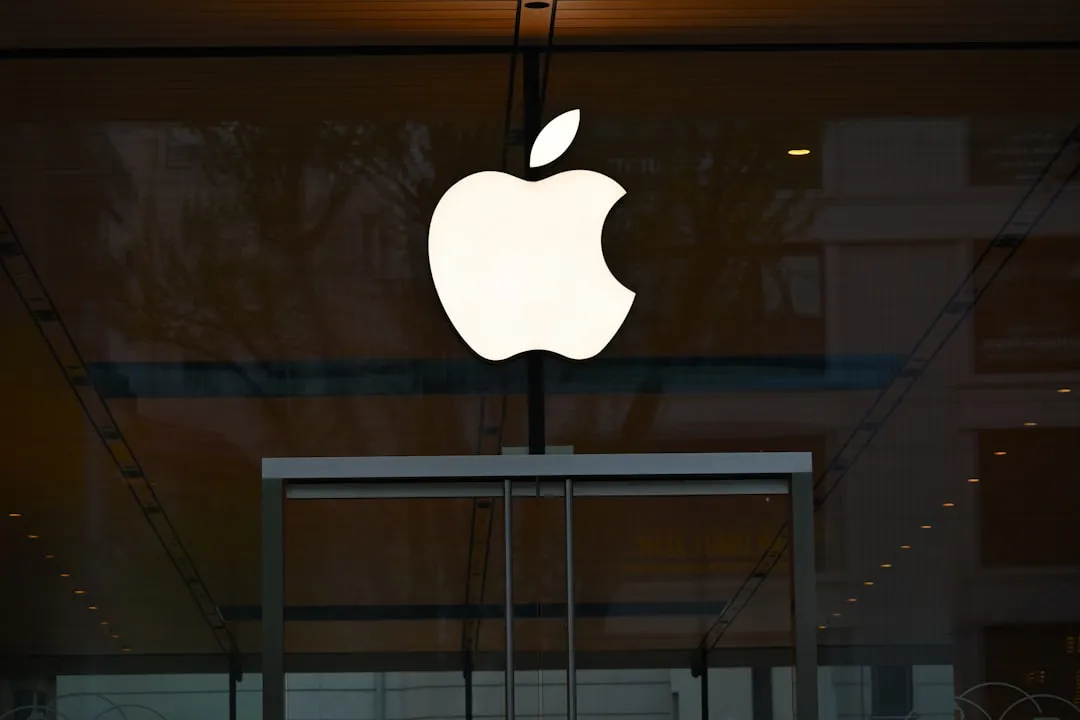


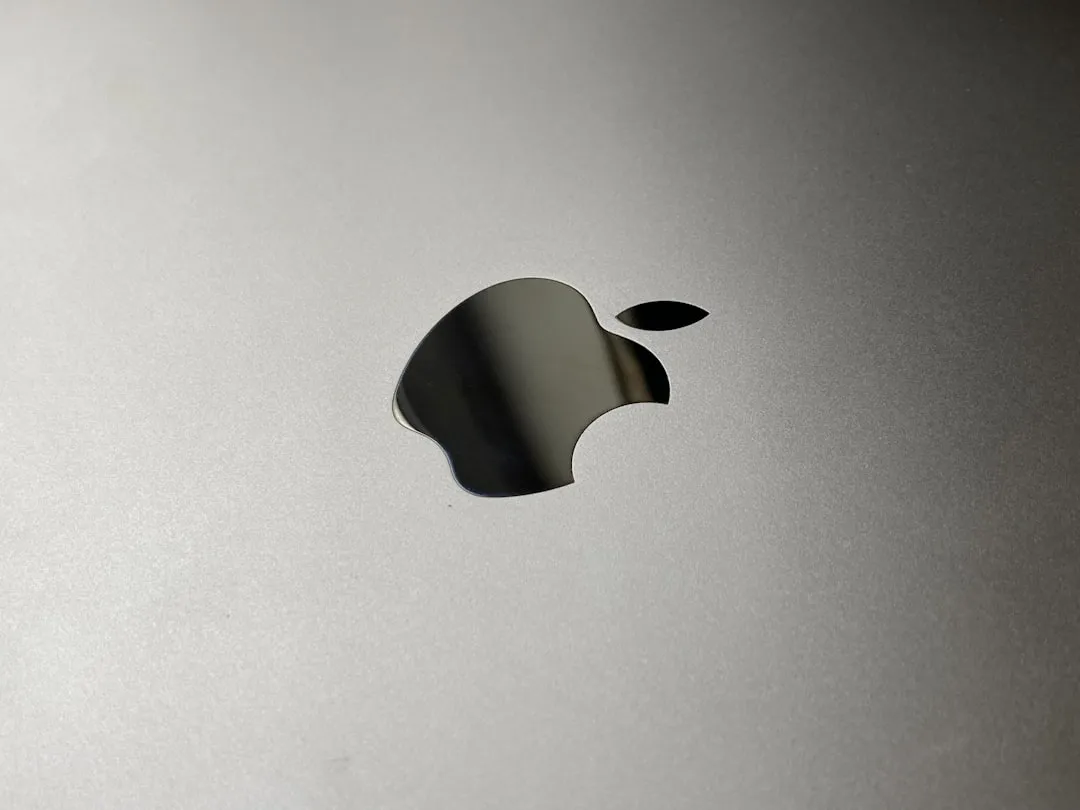
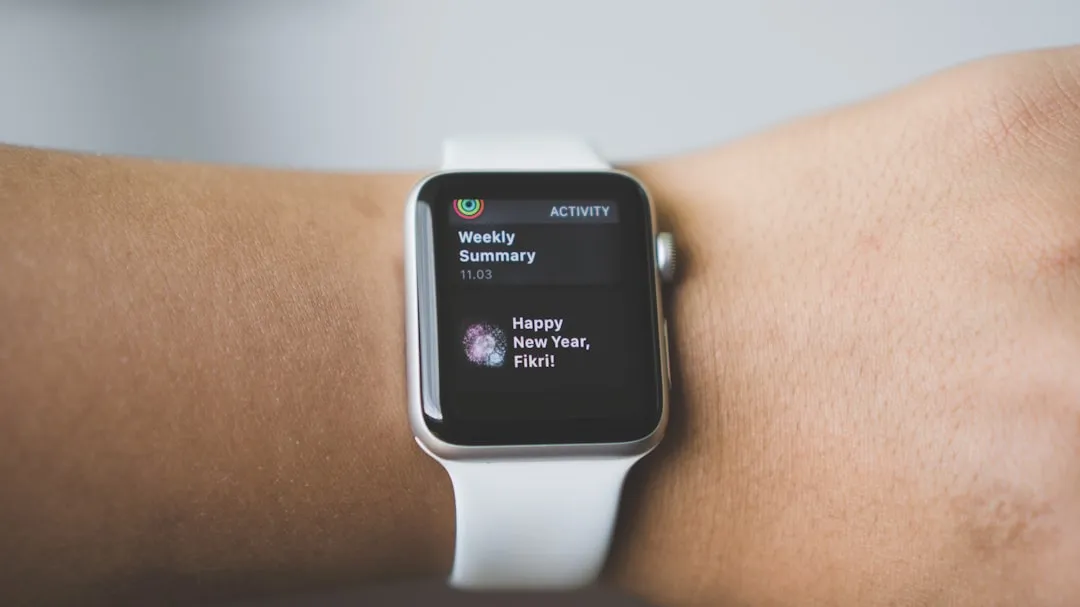
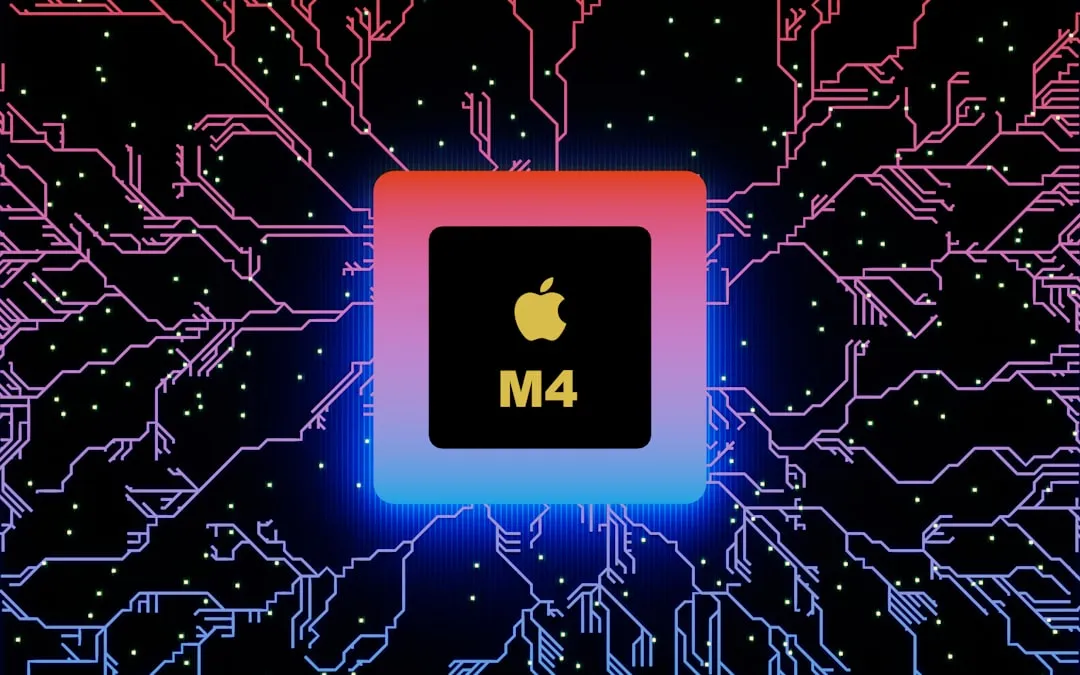




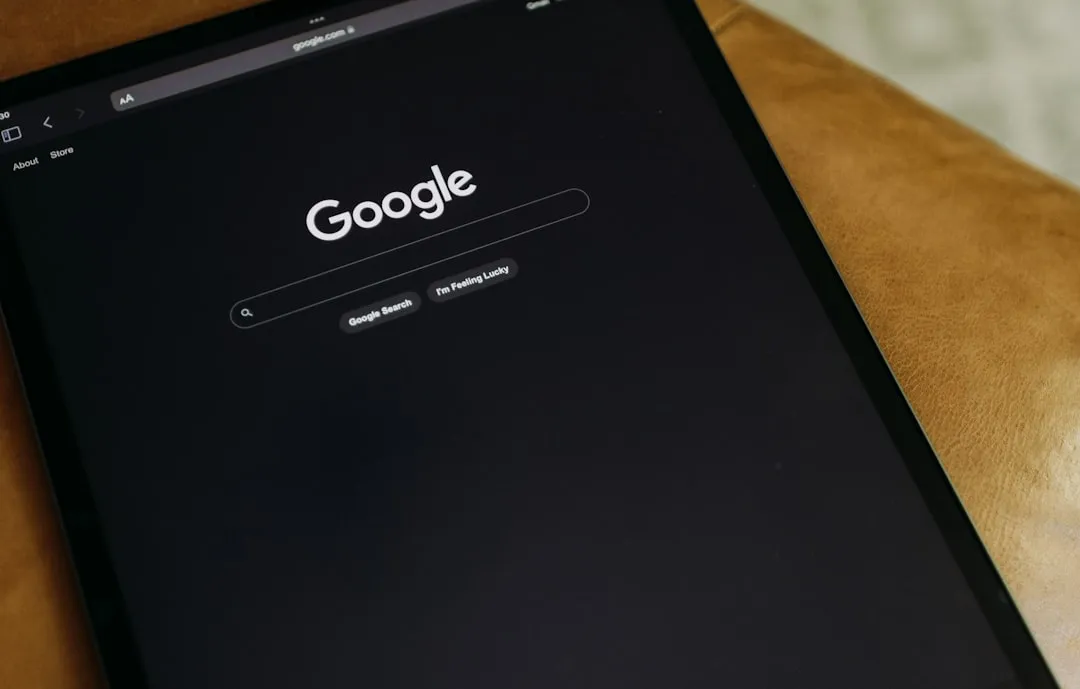




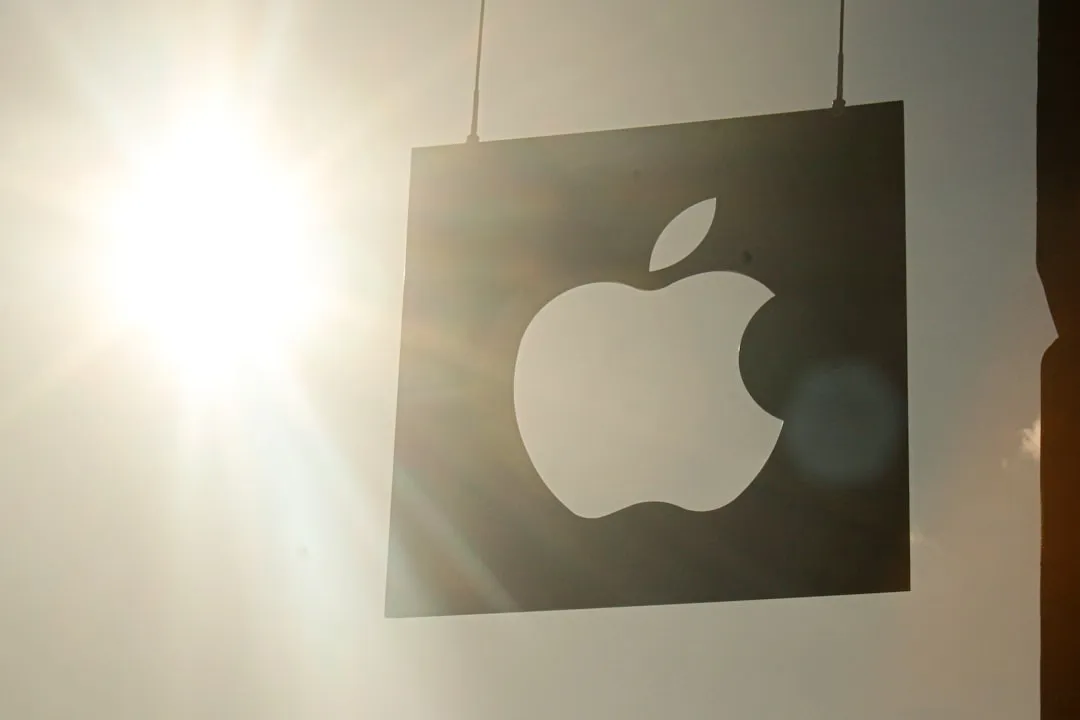
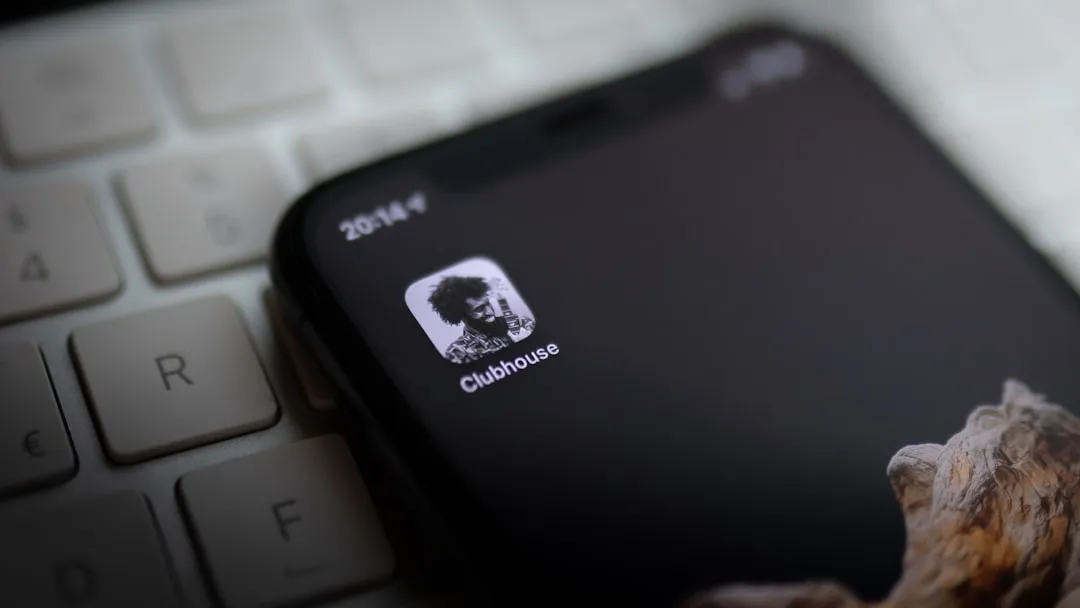


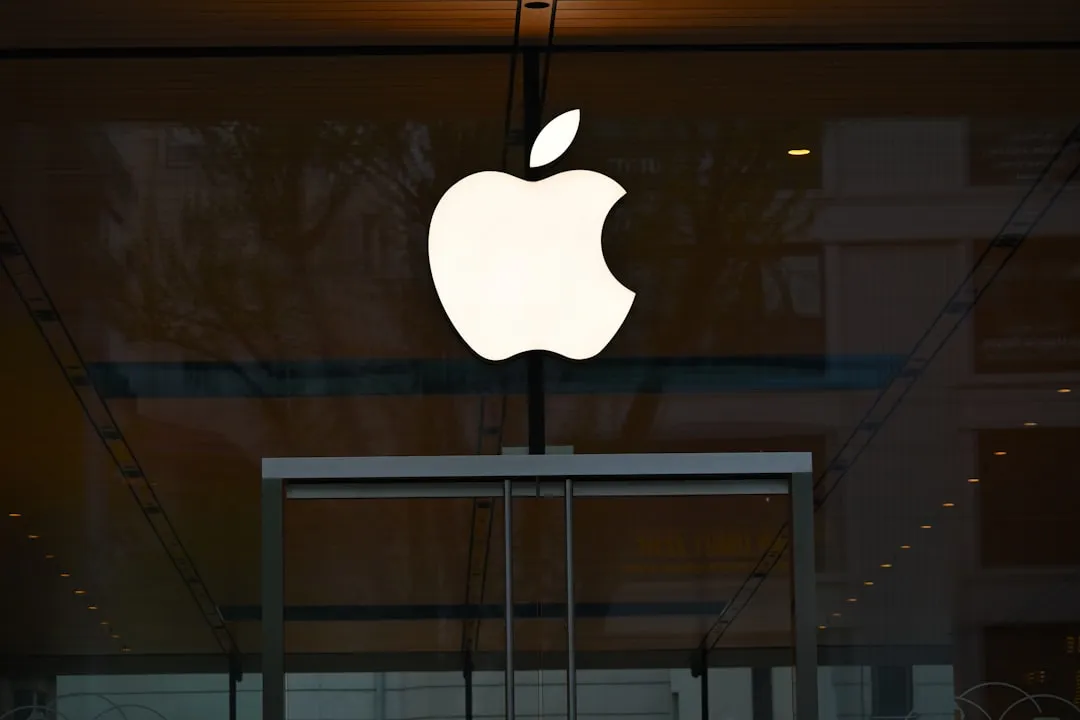

Comments
Be the first, drop a comment!